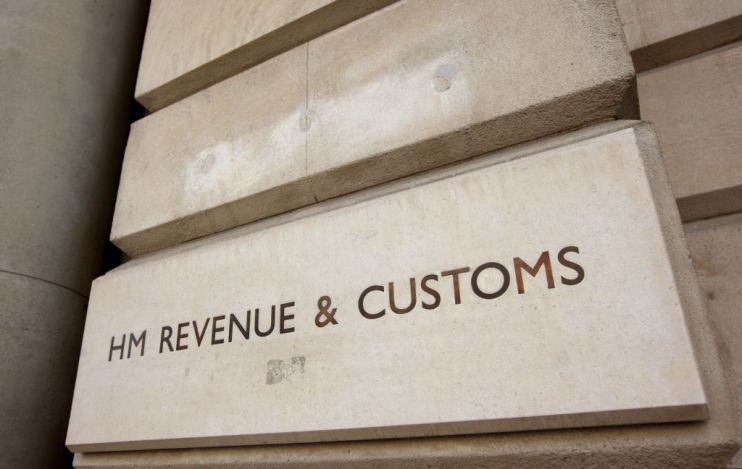New tax year ushers in more woe for businesses and households

Today marks the start of what will be yearly increases in tax bills for households across the UK as a raft of hikes, threshold freezes and fiscal tweaks come into effect.
The new tax year has been ushered in by the much-lamented 1.25 percentage point national hike, which is forecast to deal a more than £60bn higher tax bill to working Britons, according to the Office for Budget Responsibility.
The higher income tax threshold and the personal allowance will be frozen from today for the next four years, exposing many people to higher tax rates as a result of fiscal drag – when people pay more taxes on each additional pound they earn.
Thresholds on inheritance tax, capital gains tax and VAT have all been frozen by the government as well.
Chancellor Rishi Sunak’s decision to freeze an array of levels at which people start paying levies has been labelled a stealth tax. The measures tend to swell businesses and households’ tax bills without the government explicitly lifting tax rates.
Collectively, the government fiscal tweaks will swell the tax burden to its highest level since the late 1940s, when Clement Attlee’s post-war Labour government was in charge.
Businesses are set to bear the brunt of tighter fiscal policy, experts warned.
Tim Sarson, head of tax policy at KPMG UK, told City A.M.: “The new tax year brings more cost for businesses.”
“The health and social care levy will immediately hit the coffers of employers who are already grappling with rising inflationary pressures,” he added.
Others highlighted the heavier tax burden will intensify what is already expected to be the worst squeeze on real incomes since the mid-1950s.
“The freezing of income tax thresholds will start to squeeze households, with even the cut in the basic rate band from 2024 not compensating for this year on year,” Christine Cairns, tax partner at PwC, said.
There is concern elevated taxes could choke economic growth by disncentivising businesses and households from spending.
Most experts have already downgraded their growth forecasts as a result of the steep fall in living standards igniting a spending pull back.“The chancellor has opted for higher taxes to pay for the NHS recovery and to get the national debt under control but these carry the risk of supressing economic activity,” Paul Falvey, tax partner at BDO, told City A.M.